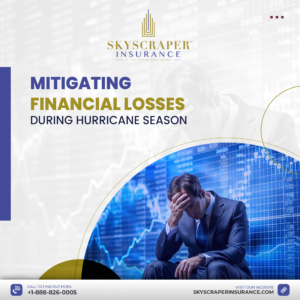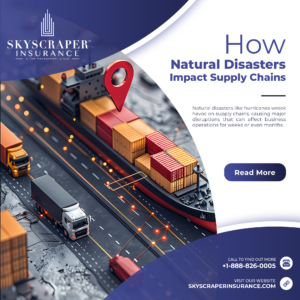Most small and midsize businesses feel better about their own finances than the U.S. economy, according to a recent Nationwide survey of 800 businesses.
Positive Outlook on Personal Finances
More than three out of five small companies and 51% of mid-market companies rate the economy as either ‘poor’ or ‘fair’. However, 51% of small businesses and 73% of mid-market companies rate their own financial situation as ‘good’ or ‘excellent.’
Kristina Talkowski, Nationwide’s senior vice president and head of middle market commercial lines, explained, “Business owners are more optimistic the closer you get to their specific region, industry, or business. This optimism aligns with economic indicators showing a resilient economy but also reflects challenges with high interest rates, material, and labor costs.”
Prepared for Challenges
Despite facing economic challenges, business owners are taking proactive steps to strengthen their operations and resiliency. “Owners’ optimistic views of their own business conditions stem from their preparedness for future disruptions or expansions,” Talkowski added.
Internal Challenges and Employee Benefits
Both small and mid-market businesses face internal challenges, including benefits for workers, operational optimization, and managing expenses. “Health insurance and voluntary benefits like pet insurance are crucial for attracting and retaining talent,” said Talkowski.
Business owners who increase wages must be aware of the impact on workers’ compensation premiums, which will rise as pay increases. Many are looking to optimize costs without sacrificing long-term protections for short-term savings.
Reviewing and Adjusting Insurance Policies
The survey revealed that 83% of small businesses and 77% of mid-market companies reviewed their commercial insurance policies in the past six months. Over one-third of mid-market owners either discarded a policy or lowered coverage limits during this period.
AI Investments and Workforce Challenges
Talkowski highlighted generative AI as an evolving need and challenge for businesses. “Employers need policies to govern the use of AI tools like ChatGPT to secure their business data and processes. While AI can increase efficiency, 43% of workers are concerned about its impact on job security.”
The survey showed that mid-market companies are more likely to invest in AI, with 63% of them already doing so, compared to just 27% of small businesses.
By understanding the challenges and opportunities within the current economic landscape, businesses can navigate uncertainties and continue to thrive. Skyscraper Insurance is here to support your business with tailored insurance solutions, ensuring your continued success and growth.
#BusinessResilience #EconomicOutlook #EmployeeBenefits #AIIntegration #InsuranceReview #SkyscraperInsurance #WeShareYourVisionForABetterTomorrow




